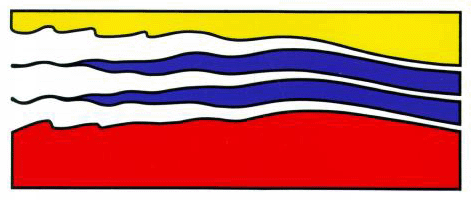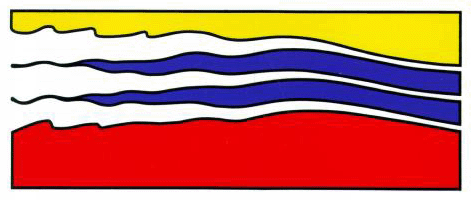
4111 Monarch Way, 3rd Floor
Old Dominion University
Norfolk, VA 23508
757-683-4940


Traditional incubation-based estimates of oceanic primary
production suffer from a number of limitations. These include an
inability to unequivocally separate gross primary production from net
primary production, artifacts of sampling and incubation, and poor
temporal and spatial resolution. An alternate method of estimating
oceanic biological prouction involves the examination of seasonal
changes in nutrient concentrations to estimate Net Community Production
(NCP) during the vegetative season. In an ideal world, such NCP
estimates would integrate over space and time much better than the
limited suite of incubation data. They would also be free of incubation
artifacts and could be a better estimate of the upper limit of organic
material that could be exported from the photic zone.
We attempted nutrient based estimates of NCP for the Arctic Ocean and its
marginal seas with varying results. In the Nordic Seas, a combination of
relatively abundant decent-quality nutritent data, and weak pre-bloom
nutrient gradients yielded a relatively robust NCP estimate of 30 grams of
carbon per square meter during the vegetative season. In the portion of the
Canada Basin under the Beaufort High Pressure System, a deep nitracline
suggests that NCP is only 1 gram of carbon per square meter. In other
regions a lack of data, particularly winter data, made estimates
problematic. The advent of autonomous devices for determining oceanic
nitrate could relieve this constraint. in some regions such as the Bering
Strait, seasonal changes in water masses and strong gradients make a
nutrient based approach for estimating NCP problematic, but improved
time-series data coupled with models might make the approach feasible.
Dr. Codispoti earned a B.S. in Chemistry from Fordham University and M.S. and Ph.D. degrees in Oceanography from the University of Washington. His research interests are in the areas of marine budgets of fixed nitrogen and nitrous oxide, the Arctic Ocean, and instrumentation. His recent efforts are in estimating Net Community Production in the Arctic Ocean and its adjacent seas based on seasonal changes in nutrient concentrations. Dr. Codispoti's interests in instrumentation are pursued in concert with Vincent Kelly, who received his M.S. in Oceanography from ODU under Lou's supervision. This productive collaboration started while both were at CCPO. They have recently received a patent on a device called Probe Guard in collaboration with Jay Hertford, and this device has been licensed by a well-known corporation. Dr. Codispoti spent several enjoyable years at CCPO and is greatly in debt to CCPO for helping him out during two crucial periods in his life.

|
Innovation Research Park Building I 4111 Monarch Way, 3rd Floor Old Dominion University Norfolk, VA 23508 757-683-4940 |

|